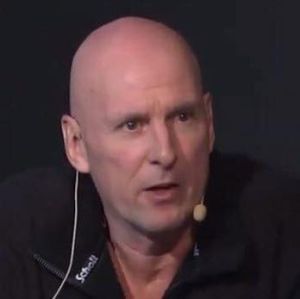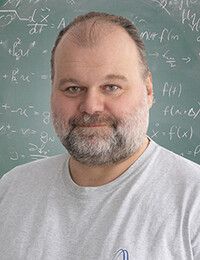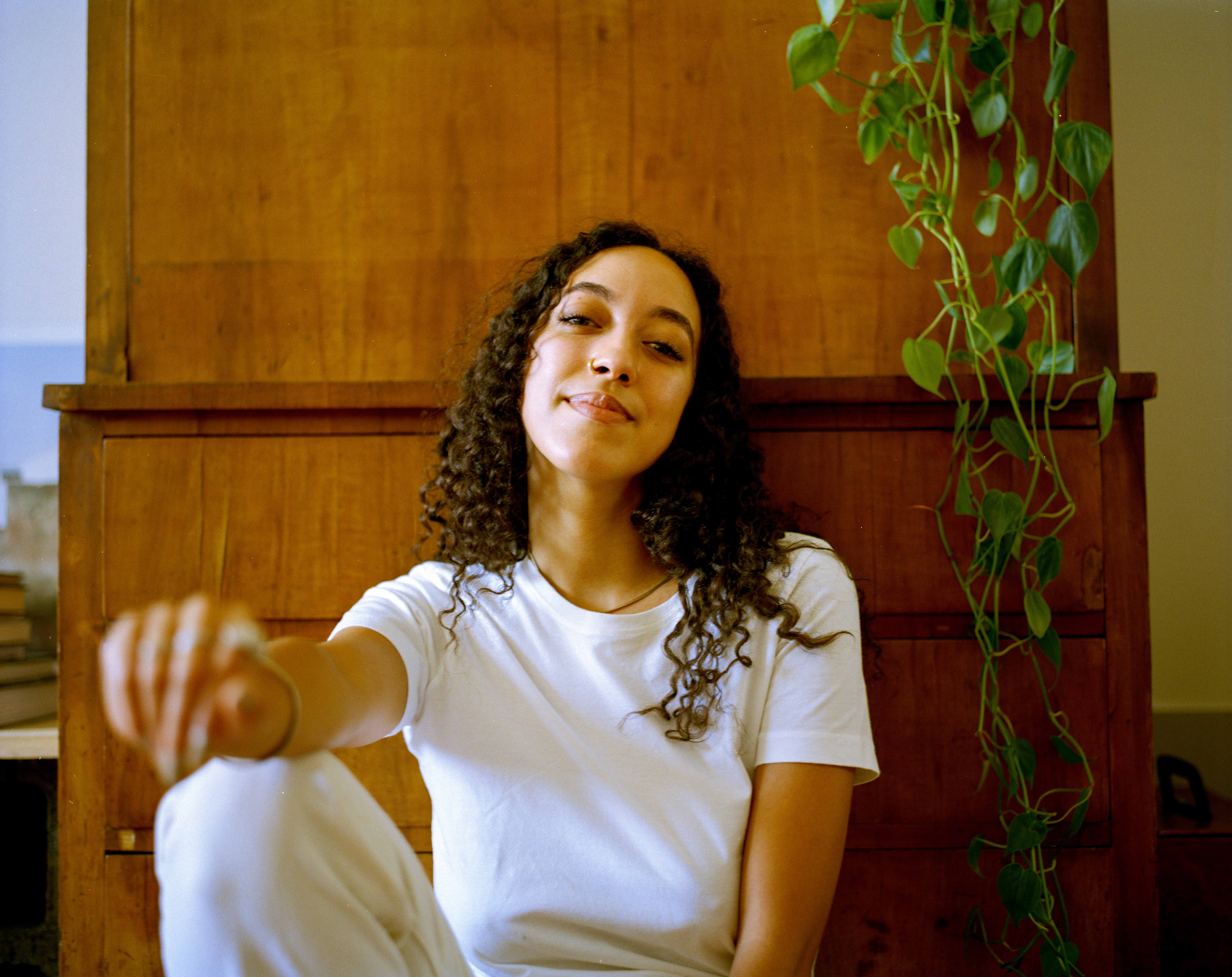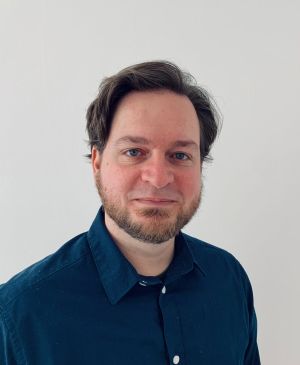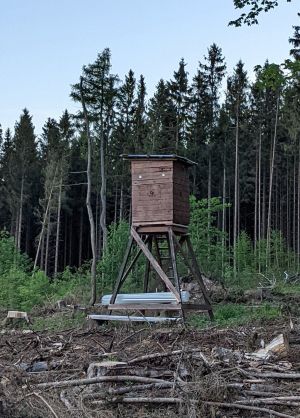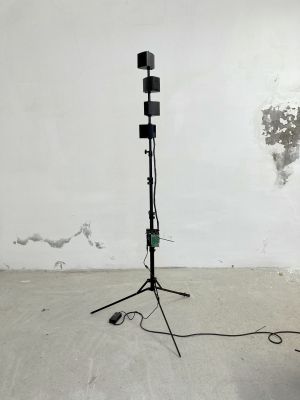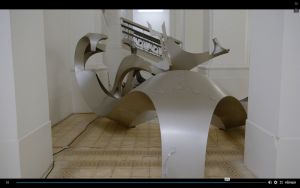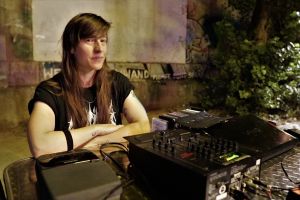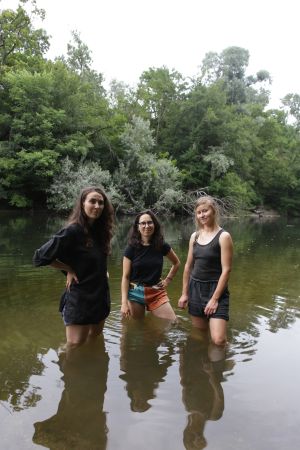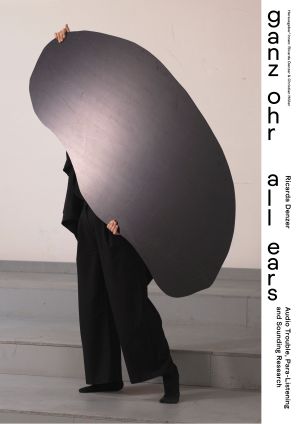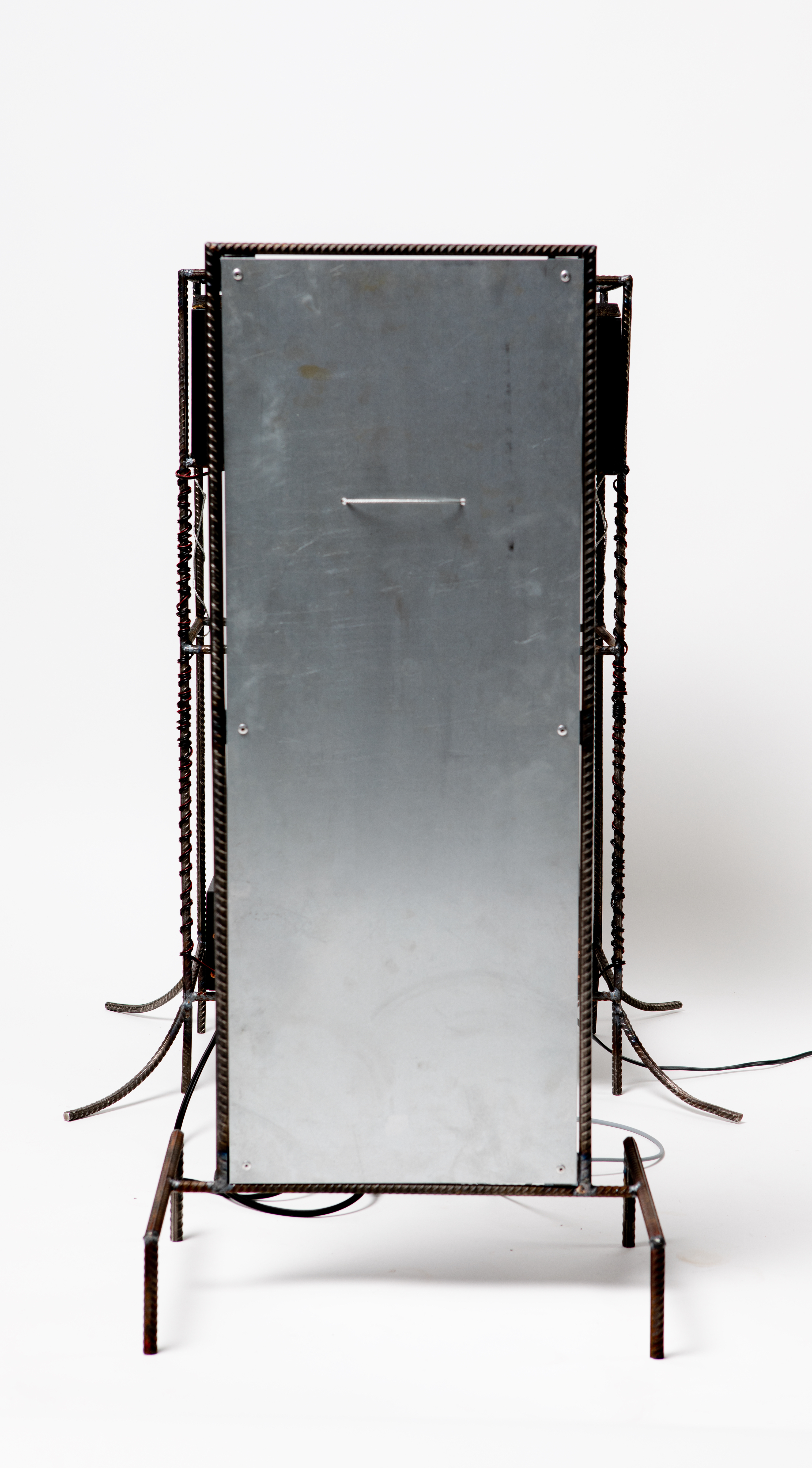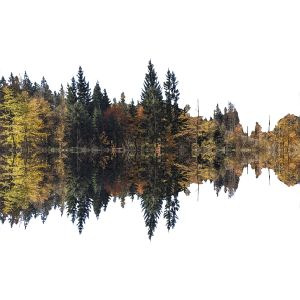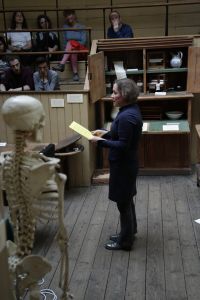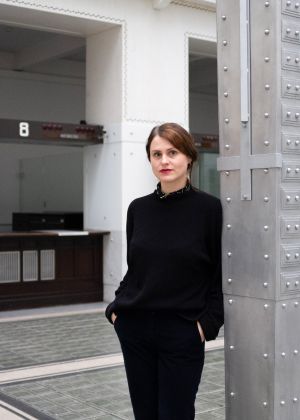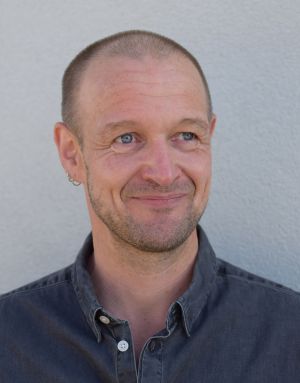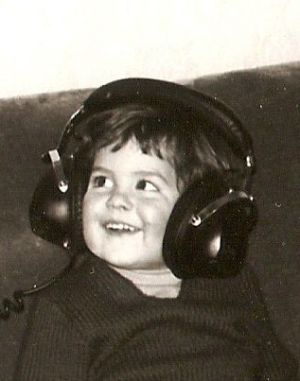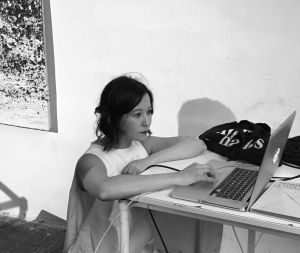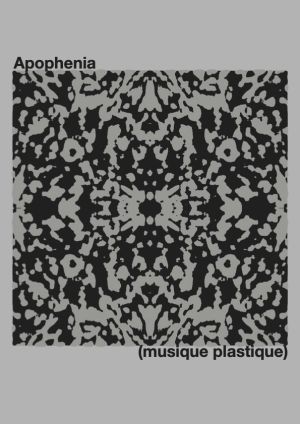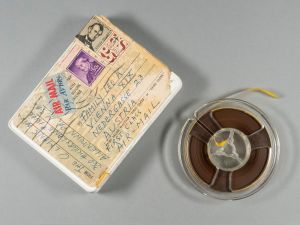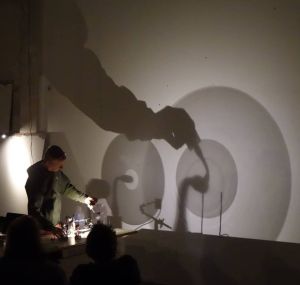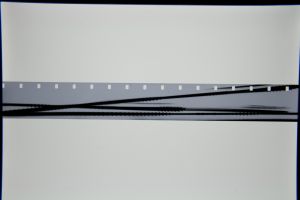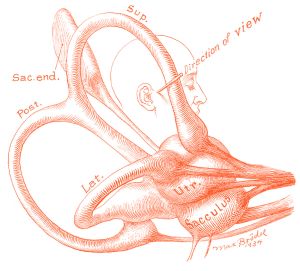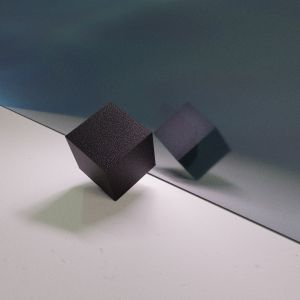Participants: Elisabeth Falkensteiner, Jannik Franzen, Bernhard Gál, Shilla Strelka
Title: Curating Sound w/ Falkensteiner, Franzen, Gál, Strelka
Moderation: Jasemin Khaleli
Abstract: What different ideas and agencies are within Curating Sound? What different meanings can curation - in an etymological understanding of care (latin: curare) - take on for the different speaker positions? How can we relate to questions of the social, the normativity, the canonical through forms of deviation, counter-reading and resistance?
Elisabeth Falkensteiner is co-director of the Angewandte Intedisciplinary Lab and curator between visual art, discourse and sound. As a DJ and artist, she participated in the exhibition re.so.nant at the Jewish Museum Berlin (2019). In her live sets, she works with field recordings, ambient sounds and voices. She has her own radio show on Noods Radio in Bristol, where she (re)presents the Viennese underground scene.
Jannik Franzen has been living in Vienna since 2014. They studied psychology at the Free University of Berlin and completed the master’s program Critical Studies at the Academy of Fine Arts Vienna. In video works and installations, they critically engage with medical and anthropological knowledge and image production.
Born in Vienna in 1971, the composer, artist and musicologist Bernhard Gál is equally active in the fields of contemporary music, installation art and media art. In addition to intermedia installations, he composes music for acoustic instruments and electro-acoustic music and has worked with numerous ensembles and musicians from the electronic and improvisation scene. Gál directs the transdisciplinary festival shut up and listen! and is a lecturer at the University of Music and Performing Arts Vienna. In 2021, he received his doctorate from the Mozarteum University Salzburg with a dissertation on installative sound art. Gál is currently leading the multi-year FWF-PEEK project AUDIO GHOSTS, which deals with artistic research on auditory illusions in sound art. His works have been awarded various prizes, presented internationally in concerts, exhibitions and installations and documented on around 40 sound recordings as well as in two comprehensive catalogue books. https://www.bernhardgal.com
Shilla Strelka is a cultural journalist, curator, concert organiser and festival organiser. Strelka founded the Struma+Iodine concert series in 2012. She curates and organises the transdisciplinary Unsafe+Sounds Festival and is co-curator of the Elevate Festival, Graz. She teaches at the University of Music and Performing Arts in Vienna and at the Salzburg University of Applied Sciences and is the artistic director of the Klangraum Krems Minoritenkirche. She is active as Dj Inou Ki Endo.
